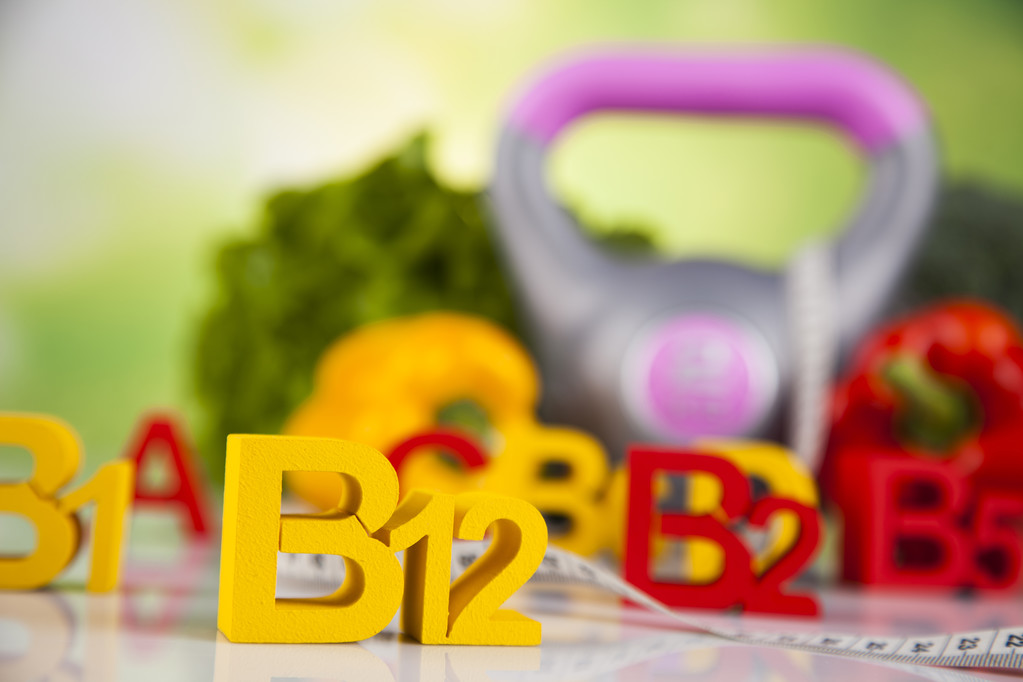Many products that we would classify as vegetarian contain animal ingredients, hidden as abbreviations in the fine print. Vegetarians and vegans should carefully study the ingredients of these products!
Carefully studying the ingredient list of ready meals and highly processed products is a must for vegetarians and vegans. Because animal ingredients are often hidden in apparently vegetarian products, as our list shows.
Fruit gum does not only contain gelatine

Gummy bears and Co. often contain gelatine – no secret for vegetarians and vegans. But there can be even more in red gummy bears: carmine is the name of the red dye obtained from scale insects. If you do not want to eat animal products, you should look out for the abbreviation “E120” in the list of ingredients of a product – behind it hides a carmine. Since the production of the red dye is quite complex, carmine is being produced more and more synthetically; At the moment, however, the following still applies: Keep your eyes open when buying products that draw attention to themselves with their beautiful red color. Dairy products, juices, and of course a lot of other sweets can also contain carmine.
Cheese: rennet from calves’ stomachs
A specific mixture of enzymes, rennet, is needed for the milk to curdle and make cheese. What many people don’t know is that rennet is traditionally obtained from the stomachs of young calves. To do this, the gastric mucosa is chopped up and the necessary enzymes are chemically extracted.
The good news: only 35 percent of cheese worldwide is still made with natural rennet (source: Vegetarian Association). As an alternative, enzymes from molds are used. Unfortunately, the cheese packaging does not state whether the rennet is natural or synthetic. A prominent example of a cheese that is still made from calf rennet is the Parmigiano Reggiano or Parmesan. Vegetarians will find Parmesan substitutes under the name “hard cheese”, for example, Alnatura’s “Montello”. If you want to be sure, ask the manufacturer directly.
Chips: lactose and a lot of undeclared
Many crisps not only contain lactose, but also a whole lot of animal products. A large chip producer told the organization Foodwatch that large parts of its range contain animal ingredients, depending on the variety, game, fish, poultry, beef, or pork. This does not have to be stated in the list of ingredients. Because if animal components are used as carriers for flavors and vitamins in the food, they, unfortunately, do not have to be declared under current law.
Peta made a list of vegan kibbles which you can check out here.
Baked goods: Supple thanks to L-cysteine from bristles and feathers
To make flour easier to knead, the addition of L-cysteine is often used in the bakery. This amino acid, which bears the abbreviation E 920, is made from pig bristles and bird feathers. According to current German law, E 920 must be declared on the packaging of baked goods. However, this case law is interpreted differently: “Wissensforum Backwaren e.V. comes to the conclusion that the addition of L-cysteine in flour on packaged bread is not subject to labeling,” says the website www.lebensmittelklarheit.de. The labeling obligation does not apply to rolls sold loose anyway. Vegetarians and vegans, therefore, have to ask their trusted baker. Fortunately, quite a few chains now have vegan bread and vegan rolls on offer.
Wine and vinegar

It is now known that gelatine or proteins from the fish bladder are used in wine production. This method is also used for balsamic vinegar. However, many winegrowers now rely on vegetable proteins to clarify their wines. Vinegar can also be filtered through bentonite, silica, or fine filter paper, for example. Unfortunately, a reference to gelatine as a filtering agent on the packaging is not mandatory. If you are unsure whether a dash of vinegar is vegan or not, it is worth asking the manufacturer directly.



